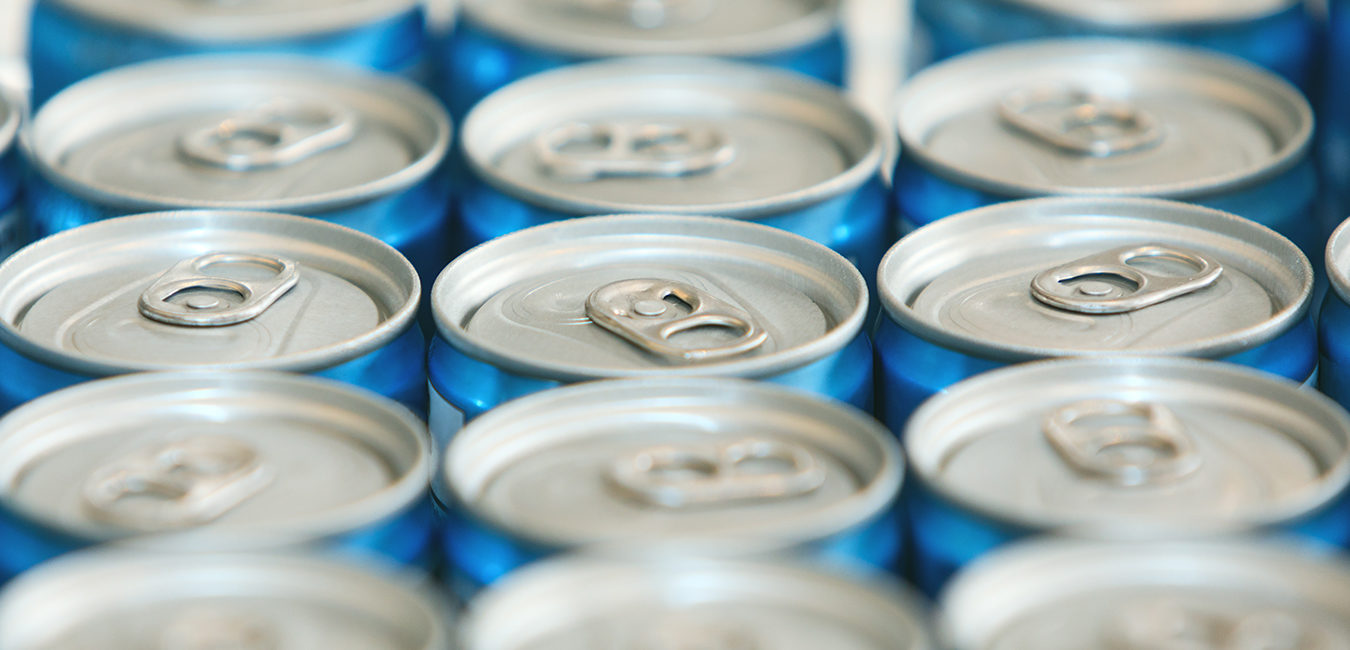Energy drinks are popular with people who want a power boost, including children and athletes. But these drinks, which contain caffeine, sugar, herbs, and other ingredients, may do more harm than good.
A recent study from the University of Texas Health Science Center in Houston found that having just one energy drink had a bad effect on the flow of blood through the arteries, which could lead to serious heart problems. Researchers did special tests of the blood vessels in 44 healthy students and then gave each of them a 24-ounce energy drink. When the tests were repeated 1½ hours later, the students’ blood vessels were much narrower. That means less blood can flow through them.
It’s not the first time that questions have been raised about the effects of energy drinks on the heart. A 2016 study found that energy drinks can raise blood pressure, which greatly increase the risk of heart attack and stroke. Research from 2017 showed that they can also cause problems with heart rate. And other dangerous heart problems have been linked to energy drinks, even in young people.
It’s not clear what makes energy drinks hard on the heart, but it doesn’t seem to be just the caffeine. Researchers believe the combination of ingredients in the drinks may make them harmful. Energy drinks contain substances that aren’t regulated by the FDA, such as herbal stimulants.
Some of the ingredients may combine with germs in a person’s gut to create a compound called TMAO. High TMAO levels are linked to heart attacks and strokes.
If you’re looking for extra pep, here are some healthy ways to recharge your battery:
-
Get plenty of sleep.
Try to get a good night’s sleep whenever possible so you don’t become fatigued or sleepy during the day.
-
Take a short nap.
If your energy drops and you have 20 minutes and a quiet space, a power nap can give you more get up and go. But don’t nap late in the day because it could make it harder for you to go to sleep at night.
-
Drink lots of water.
Being dehydrated can make you tired. Be sure to drink water throughout the day.
-
Exercise
Regular workouts—or just a walk around the block—can raise your energy levels and help to keep you alert.
-
Eat small amounts of food more often.
Instead of 3 big meals a day, try eating several small meals or snacks during the day.
-
Lower your stress.
Feeling stressed takes a lot of energy. Try things like yoga, meditation, or spending quality time with friends and family.
-
Try some caffeine.
The caffeine in coffee, tea, and other foods and drinks can give you a quick burst of energy, but don’t overdo it. Up to 400 milligrams of caffeine a day—about the same as in four cups of coffee—is safe for most healthy people. A large study done in England last summer found that up to 8 cups of coffee a day reduced death rates. But if you already have heart problems, ask your doctor if it’s wise to consume caffeine.
Wonder how healthy your blood vessels are? Ask your doctor about tests that look for signs of harm in them, as well as tests of TMAO. These tests can help you understand your specific risks for heart attack and stroke, and take steps to reduce them.

